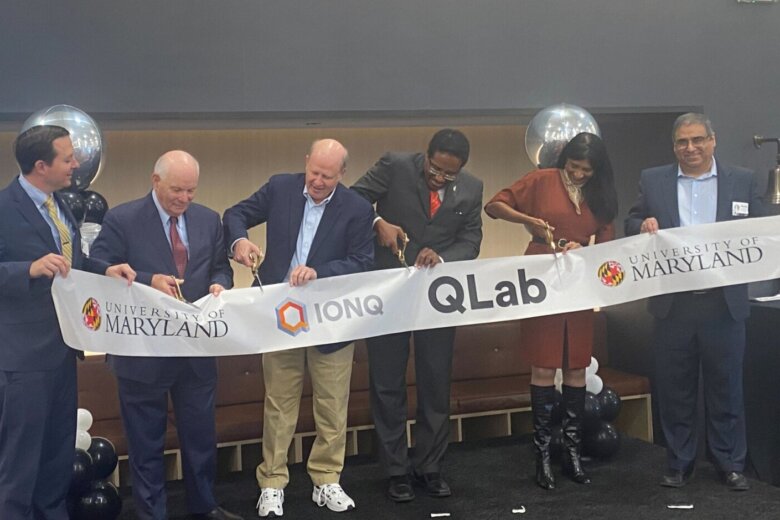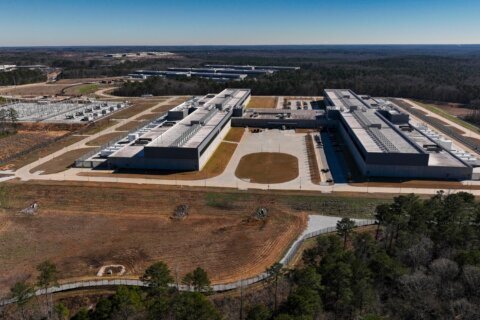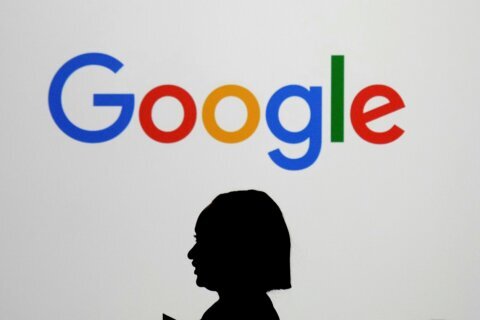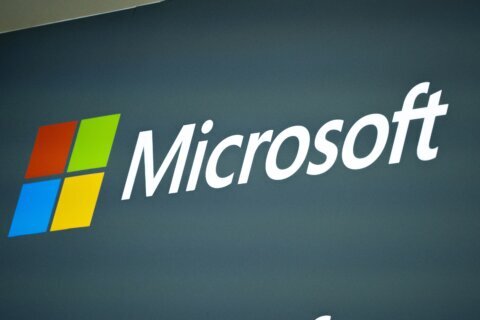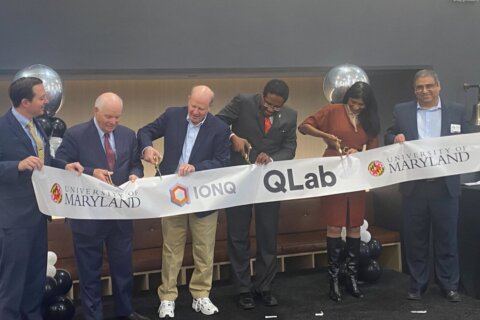
Quantum computing is the next big technological breakthrough and will likely be used to radically define people’s lives, helping to solve problems and make technology even smarter. But it’s not like the regular computer that you’re used to.
In fact, there’s only a handful of legitimate quantum companies in the world, and none of them have labs like the one that just opened at IonQ in College Park, Maryland.
It’s why University of Maryland President Darryll Pines called the D.C. area “the capital of quantum” during the ribbon cutting event for the National Quantum Lab, known as the Q Lab, on Tuesday.
“It’s in its infancy, but it’s developing quickly, and will continue to advance by leaps and bounds,” Pines said. “This space will enable users from across the nation and around the world to work together on the next generation of engineering and computer science space and deliver meaningful breakthroughs in the future.”
According to Pines, “Quantum has the potential to unlock exponential advances in technology that will change every person’s life on this planet.”
The CEO of IonQ, Peter Chapman, said it will help power many of the breakthroughs you only see in the likes of science fiction stories.
“This machine will plug into a couple of standard wall sockets, and be able to rival the world’s largest supercomputers,” said Chapman, holding up an object smaller than a box of baking soda. “Just to give you an idea of the computational power — if I collected all the cellphones of all the humans on the planet and I use that as a supercomputer, you would be equal to about one of these chips.
“I don’t even think we can imagine what 20 years from now will be with quantum,” he added.
The collaborative space concept was inspired by what the Department of Energy does with its own National Labs.
“People come to them with their problems and say, ‘Hey, if I can get this much time on your machine, I can deliver this kind of results, I can solve this problem,'” explained John Sawyer, the director of strategic research initiatives at the university. “So we are doing that with quantum computers, with the additional support to actually help people understand what a quantum computer can really do.”
How did the University of Maryland get to this point first?
“Overcoming the intellectual property barriers is often very hard,” said Sawyer. “A lot of people like to keep their cards close to their chest. And so the university is actually serving as kind of a buffer to enable these other users, whether that’s coming from industry or the universities, to come in and work with them in a controlled space where you can share enough to be useful without putting at risk some of the secret sauce.”
Ken Ulman, the chief strategy officer for economic development at the university, argued that this emerging computer industry will do for the D.C. area what the computer did for Silicon Valley and northern California, and that quantum companies are already moving in nearby.
There were local politicians at the ceremony including Maryland Sen. Ben Cardin and Maryland Senate President Bill Ferguson — but both made clear that what quantum computing does is beyond their expertise.
On the other hand, Lt. Gov. Aruna Miller joked she was disappointed some of the speeches didn’t get more technical.
“Quantum computing will change the world in ways we cannot even begin to imagine,” said Miller, who admitted the engineer side of her was overflowing with excitement. “Imagine in the areas of privacy, climate change, finance, health care, artificial intelligence and technology, solving problems … in one second that would take 300 trillion years on the world’s largest supercomputer. That’s what quantum is about. Imagine that.”

